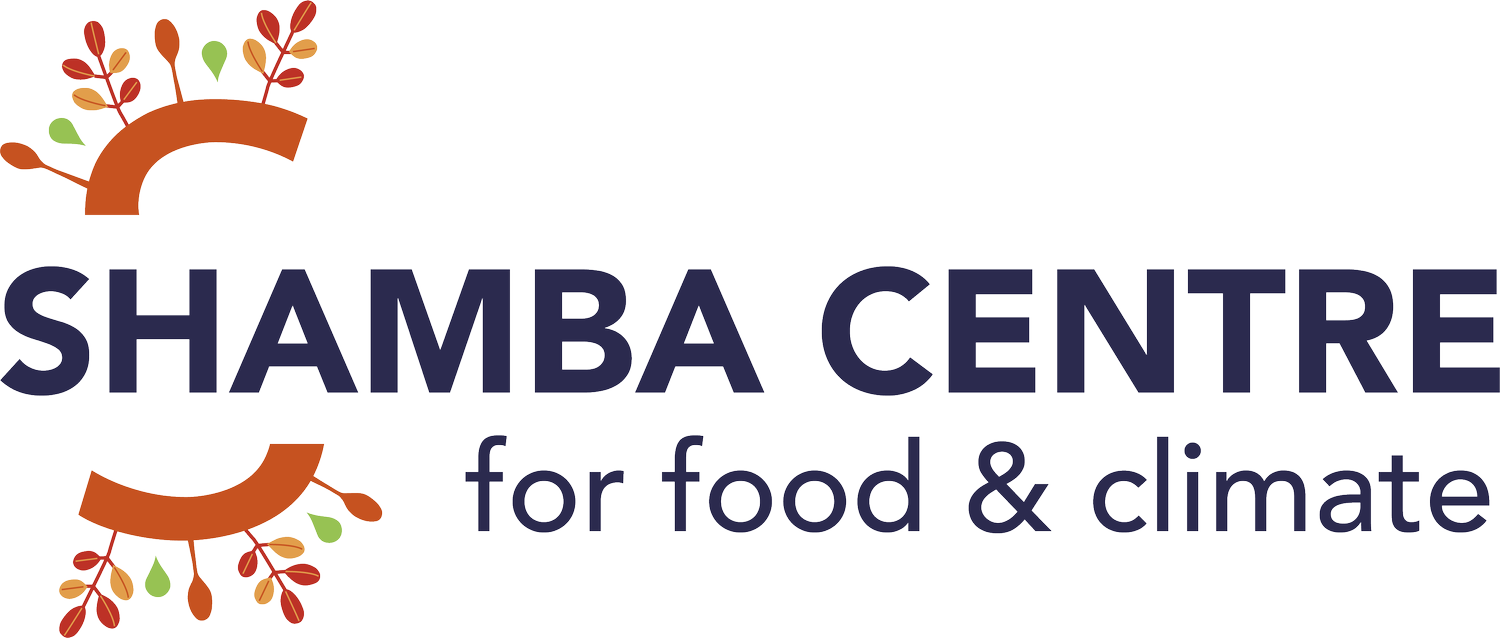“Do we want farmers to just survive climate change or do we want a more transformative adaptation?”
The Shamba Centre spoke with Kulthoum Omari Motsumi, Special Advisor to the Africa Adaptation Initiative, about what to expect from CoP27 on Climate Change, opening on 6 November at Sharm el-Sheikh.
Agriculture and food systems are responsible for around one quarter of greenhouse gas emissions. At the same time, the people most vulnerable to the impacts of climate change depend on those systems for their livelihoods. They are the poorest, dependent on rainfall for their production, which can be wiped out by any extreme weather event. In spite of all this, only 2% of climate finance goes to agriculture.
Are negotiators really aware of the threat on food production?
They are indeed! From the beginning, the Convention on Climate Change stated in Article 2 the need “to ensure that food production is not threatened.” Also, the Intergovernmental Panel on Climate Change (IPCC) has acknowledged that 34% of agricultural productivity has been affected since 1961 and that it has led to aid deficiencies and more malnutrition. It is now urgent to help small farmers deal with extreme weather events, widespread soil degradation and the increasingly irregular rainfall. Six workshops under the Koronovia Joint Work on Agriculture have made recommendations. The key issue now is implementation.
Only 2% of climate finance goes to agriculture. Is there a more ambitious target for the future? What would a successful outcome of this COP look like?
We have an idea what is needed in terms of the adaptation gap, however the gap keeps widening. A positive outcome would be if developing countries show leadership in working on emission reduction targets and adaptation plans while developed countries honour their pledges on partnership and climate finance. Also, we are trying to get Africa's special needs and special circumstances to be recognised.
What kind of adaptation could help small farmers?
It is simply not enough to help small farmers survive through drought after drought and flood after flood. We need to be better prepared for extreme weather, learn how to deal with it, and make agriculture and food systems more resilient. For this we need science, experimentation, data, leadership and patient concessional financing. Data is often missing, even when the money is there. So this can be pretty delicate. Right now we in Africa are in survival mode. We urgently need better early warning systems and better preparedness. Climate change is with us, we have to make sure that CoP27 will get implementation underway.

